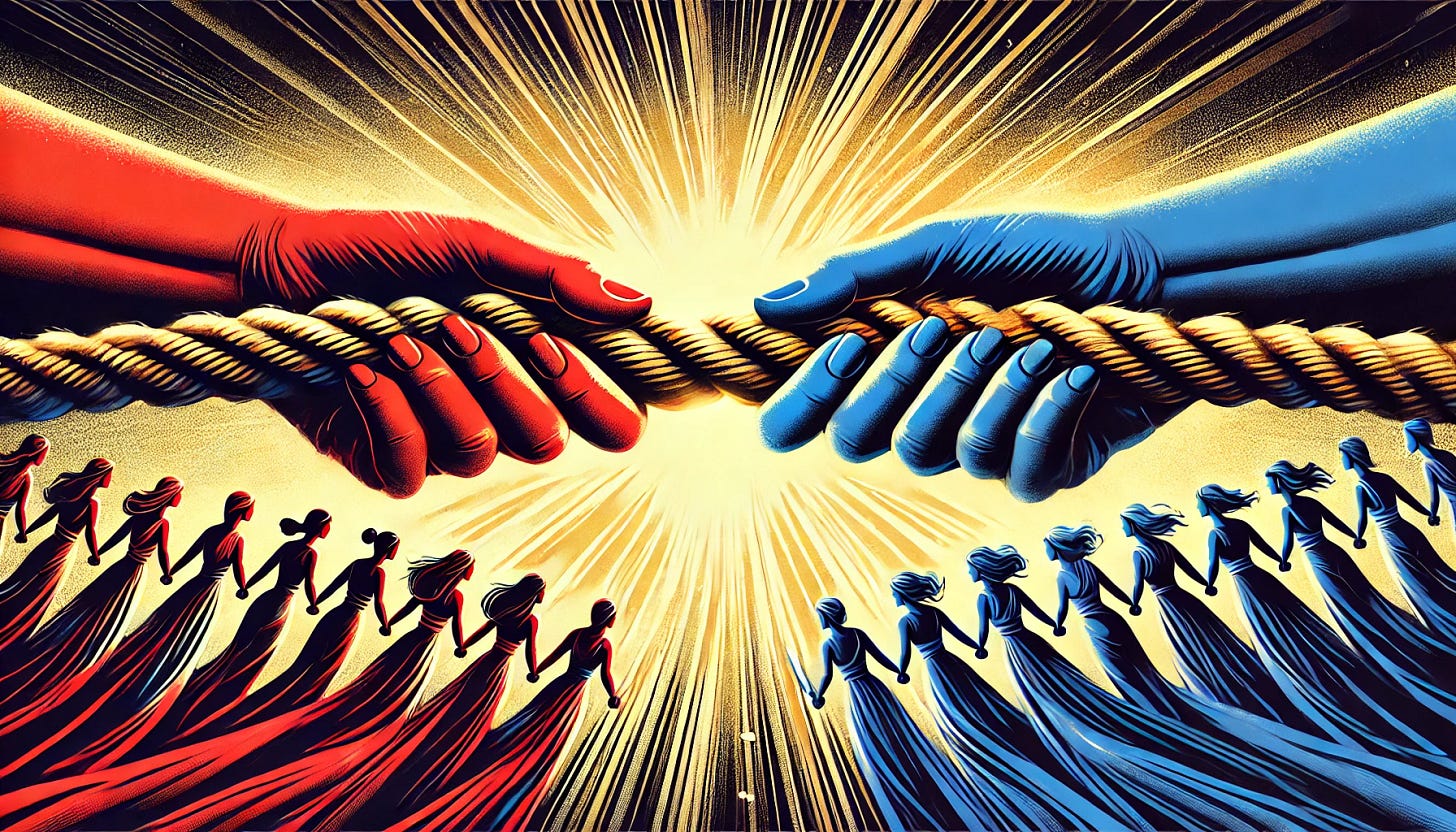Hunter’s Pardon: A Rallying Cry for Women’s Unity in a Fractured Political Landscape
Why Partisan Politics Undermine Progress and How Women Can Lead the Charge for Change
Hunter Biden’s pardon has reignited debates about political privilege, justice, and accountability, but beneath the headlines lies a deeper, more insidious issue: the tribalism that divides us. For women, this political polarization does more than erode trust in governance—it fractures the solidarity necessary to advance women’s liberation. Both sides o…




